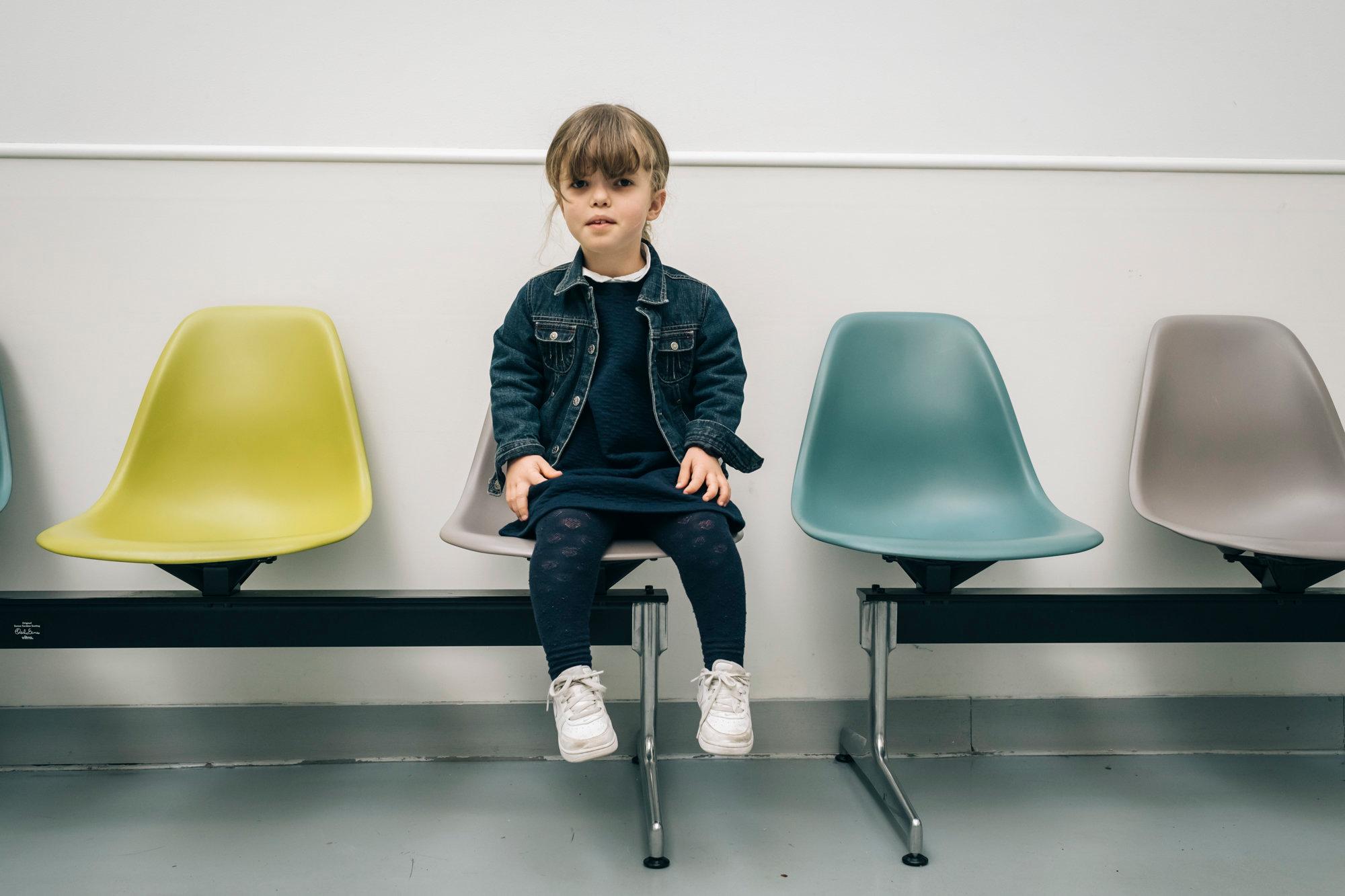Laurence Legeai-Mallet would not have missed this for the world.
To be this Tuesday, March 30 alongside Amandine, 9, the first patient in France to receive a new drug against achondroplasia, the most common form of dwarfism.
“From bench to bedside”, as we say in scientific jargon: from the laboratory to the bedside!
Because the researcher has a long history with this disease.
It was in 1994 that she co-discovered at the Parisian Necker hospital that FGFR3 was the gene responsible for this anomaly affecting the growth of bones and their cartilage.
READ ALSO>
The hope of Amandine, 9, first child in France to test a new treatment against dwarfism
“Before thinking about treatment, you had to understand what was going wrong,” she explains.
Twenty years of researching, developing models ... And, in 2014, bingo, the intuition that infigratinib, a molecule then used against bladder cancer, could block the activity of the gene.
Patented in France, the therapy is bought and developed across the Atlantic.
In July 2020, an international trial begins: a child is treated in Australia, with preliminary results expected in the coming months.
In France, with Necker and the Institute of Genetic Diseases Imagine, Amandine is the first child to benefit from it before being soon followed by a little boy.
Objective: to glean 10 to 20 cm more.
"This breakthrough is the result of French research," rejoices pediatric geneticist Geneviève Baujat.
The molecule, which acts like a key in a lock, is a real hope.
But beware, this is not a magic wand against the disease.
Its good tolerance will be our compass.
"
Other molecules under development
Several other molecules are also under development, including one from the manufacturer BioMarin which could lead to a marketing authorization request.
And so much the better, because achondroplasia is not “just” a small problem.
It causes orthopedic, dorsal and ENT complications, not to mention the social handicap.
If the test results are up to par, several hundred children could eventually be eligible to receive this - or even these - molecule.
“Nothing is taboo,” says Dr Baujat, “including extending treatment to adults with achondroplases who suffer from complications such as sleep apnea or hearing problems.
We will move forward, slowly, but surely.
"

